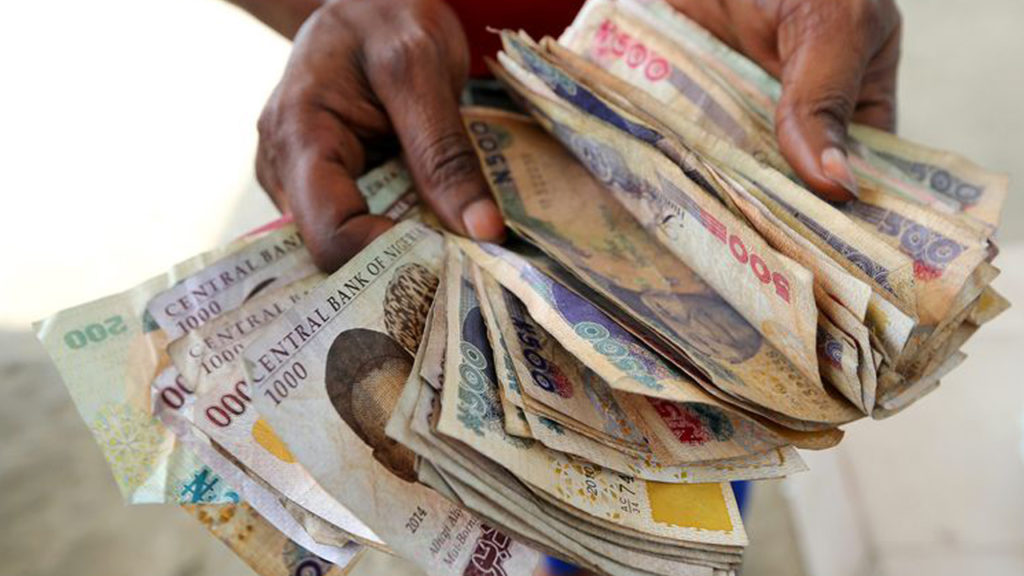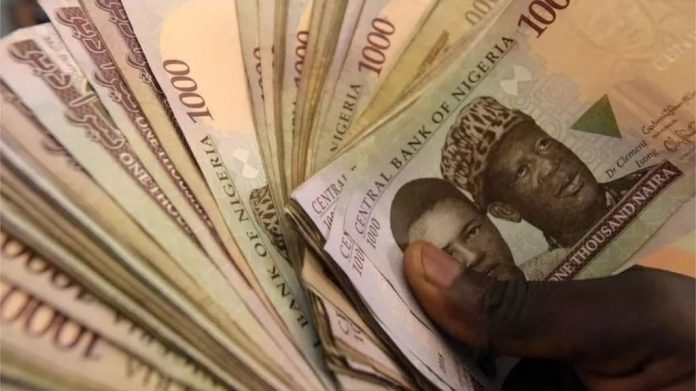Coronavirus can be spread through contaminated objects as well as droplets and direct contact with infected patients, the World Health Organisation (WHO) said recently.
“We know that money changes hands frequently and can pick up all sorts of bacteria and viruses,” a spokesman told the (UK)Telegraph.
“We would advise people to wash their hands after handling banknotes, and avoid touching their face.When possible it would also be advisable to use contactless payments to reduce the risk of transmission,” the World body was quoted as warning.
The report added that the Bank of England also recognised that banknotes “can carry bacteria or viruses” and encouraged frequent hand washing. Last month, banks in China and Korea began disinfecting and isolating used banknotes as part of efforts to stem the spread of the deadly virus.
Ultraviolet light or high temperature is being used to disinfect and sterilise banknotes, before the cash is sealed and stored for up to 14 days before being recirculated, China’s central bank said at a press conference.
But WHO has denied the story, saying “we were misrepresented”
According to its spokeswoman , Fadela Chaib, “we did NOT say that cash was transmitting coronavirus,” (The capital letters were Chaib’s.)“We were misrepresented,” she added.
The spokeswoman sought to clarify comments in a widely cited article in the U.K. media reporting that the WHO had said “banknotes may be spreading the new coronavirus” and “customers should wash their hands after touching banknotes because infectious Covid-19 may cling to the surface for a number of days.”

The report in the British media said the WHO had suggested customers use contactless payments instead.
“WHO did not say banknotes would transmit COVID-19, nor have we issued any warnings or statements about this,” Chaib said in an email. “We were asked if we thought banknotes could transmit COVID-19 and we said you should wash your hands after handling money, especially if handling or eating food.” Doing so is “good hygiene practice,” she added.
‘WHO did not say banknotes would transmit COVID-19, nor have we issued any warnings or statements about this’ theWHO spokeswoman, Fadela Chaib, was quoted by MarketWatch
Concerns have mounted over whether currency might play a role in spreading the virus. A U.S. Federal Reserve spokesperson told Reuters recently that the banking system had started quarantining dollars from Asia prior to their recirculation, with regional Fed banks putting aside the physical currency for seven to 10 days as a precautionary step. (The Fed didn’t immediately return a MarketWatch request for comment.)
U.S. Centers for Disease Control and Prevention experts believe that COVID-19 spreads primarily from person to person, between people who are within around six feet of each other and through droplets produced by a sick person’s cough or sneeze. The WHO also says that “the disease can spread from person to person through small droplets from the nose or mouth which are spread when a person with COVID-19 coughs or exhales,” and recommends keeping more than three feet away from a sick person.
People can possibly get the disease by touching an infected object or surface “and then touching their own mouth, nose, or possibly their eyes,” but experts don’t believe this is the main mode of transmission, the CDC says.
Other human coronaviruses, including Severe Acute Respiratory Syndrome (SARS) and Middle East Respiratory System (MERS), can stay infectious on surfaces such as glass, metal or plastic at room temperature for up to nine days, according to a recent Journal of Hospital Infection analysis of 22 studies. Disinfecting surfaces can quickly reduce these viruses’ infectivity, the authors said.
Chaib provided 10 preventative measures:
“Clean your hands regularly with an alcohol-based hand rub, or wash them with soap and water.”
“Clean surfaces regularly with disinfectant – for example kitchen benches and work desks.”
“Educate yourself about COVID-19. Make sure your information comes from reliable sources.”
“Avoid traveling if you have a fever or cough, and if you become sick while on a flight, inform the crew immediately. Once you get home, make contact with a health professional and tell them about where you have been.”
“Cough or sneeze into your sleeve, or use a tissue. Dispose of the tissue immediately into a closed rubbish bin, and then clean your hands.”
“Take extra precautions to avoid crowded areas if you are over 60 years old, or if you have an underlying condition.”
“If you feel unwell, stay at home and call your doctor or local health professional.”
“If you are sick, stay at home, and eat and sleep separately from your family, use different utensils and cutlery to eat.”
“If you develop shortness of breath, call your doctor and seek care immediately.”
“It’s normal and understandable to feel anxious, especially if you live in a country or community that has been affected. Find out what you can do in your community. Discuss how to stay safe with your workplace, school or place of worship.”



